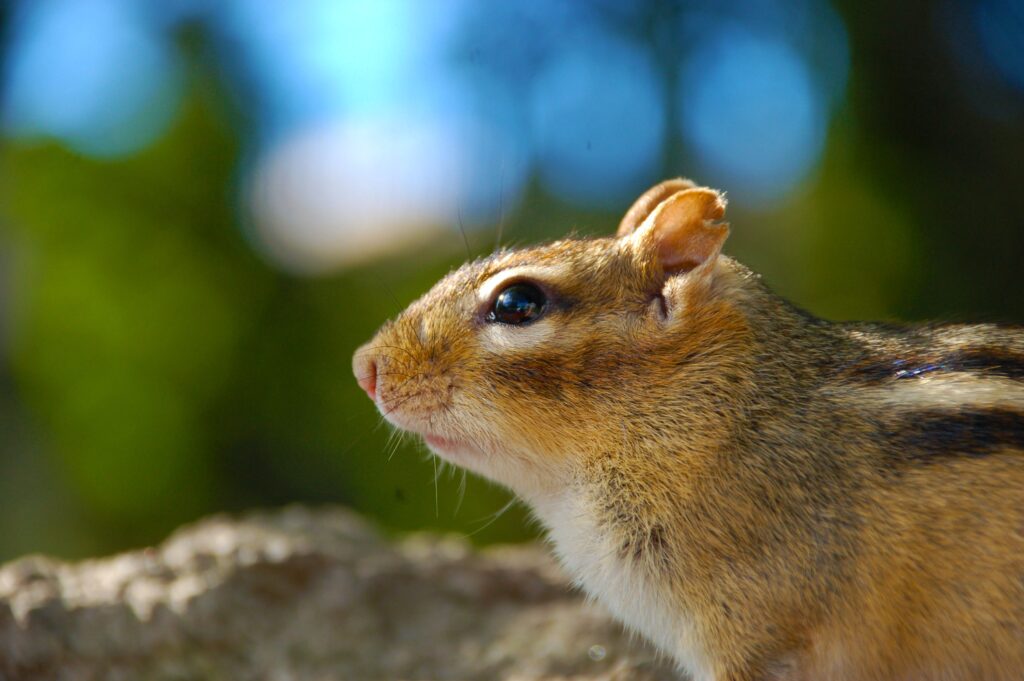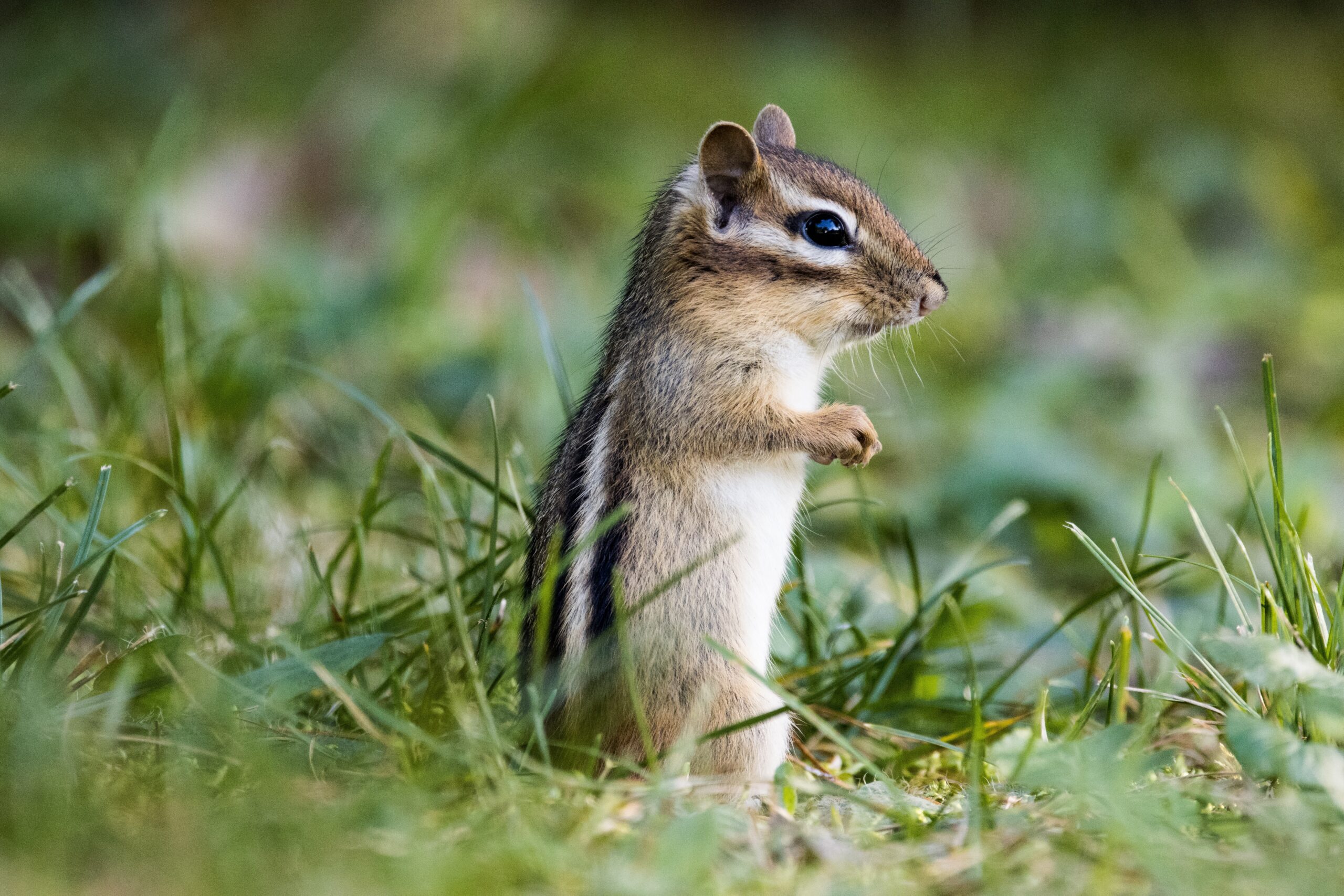Chipmunks are fascinating creatures known for their energetic nature and adorable appearance. In this article, we will explore the captivating question: “Why do chipmunks chirp?”
Chirping is one of the vocalizations that chipmunks use to communicate with one another and express various emotions and messages. Understanding the reasons behind their chirping behavior can provide valuable insights into their world.
Introduction to Chipmunks
Chipmunks are small, ground-dwelling mammals that belong to the squirrel family. They are widely distributed across different regions, including forests, woodlands, and suburban areas. Despite their small size, chipmunks are quite vocal and use a range of sounds to communicate, with chirping being one of their distinctive vocalizations.
Do Chipmunks Make Noise?
Chipmunks are not known for being silent creatures. They use various vocalizations and body language to convey messages and interact with their surroundings. Among the sounds they produce, chirping is one of the most common and recognizable vocalizations.
What Sounds Do Chipmunks Make?
Apart from chirping, chipmunks produce a variety of sounds. These include trilling, chattering, and even hissing. Each sound serves a different purpose and conveys specific meanings in the chipmunk’s communication repertoire.
Why Do Chipmunks Chirp?
Chirping serves multiple purposes in the chipmunk world. One primary reason is communication. Chipmunks use chirping to establish their presence, communicate with other chipmunks, and convey messages about their environment.
Why Do Chipmunks Chirp so Loud?
Chipmunks are small creatures that live in a world full of potential dangers and threats. Their loud chirping serves as an alarm system to warn other chipmunks of potential dangers, such as predators or intruders.
The volume and intensity of their chirping help ensure that the warning reaches other chipmunks in the vicinity.
Are Chipmunks Active at Night?
Chipmunks are primarily diurnal creatures, which means they are most active during the day. However, they may also exhibit some activity during the early morning and late evening hours.
While they tend to be quieter at night, they may still emit occasional chirping sounds, especially if they perceive a threat.
Chucking vs. Chirping
Apart from chirping, chipmunks may also make a sound known as “chucking.” Chucking is a rapid series of low-pitched vocalizations that chipmunks produce when they are excited or agitated.
It is different from chirping in both tone and purpose, but it still plays a role in their communication.
What Does It Mean When a Chipmunk Is Chucking?

When a chipmunk is chucking, it usually indicates a state of heightened alertness or agitation. It can serve as a warning to other chipmunks that there may be a potential threat in the vicinity.
Chipmunks may chuck when they sense the presence of a predator, encounter territorial disputes, or engage in social interactions.
What Other Ways Do Chipmunks Communicate?
While vocalizations like chirping and chucking are important forms of communication for chipmunks, they also rely on non-verbal cues. These include body language, such as tail flicking, posturing, and scent marking.
Chipmunks have scent glands that they use to mark their territory and communicate with other chipmunks through scent cues.
What Other Animals Make Similar Sounds?
Chirping and chucking are not exclusive to chipmunks. Other animals, including some bird species and small mammals, may produce similar sounds for various reasons.
Birds like sparrows and finches have chirping vocalizations, while squirrels and other small mammals may emit sounds resembling chipmunk chucking. Each species has its own unique vocal repertoire for communication purposes.
Chipmunk chirping is an essential form of communication for chipmunks. It allows them to convey messages, warn others of potential dangers, and establish their presence in the animal kingdom.
By understanding the reasons behind their chirping behavior, we can gain a deeper appreciation for these charismatic creatures and their remarkable communication skills.

